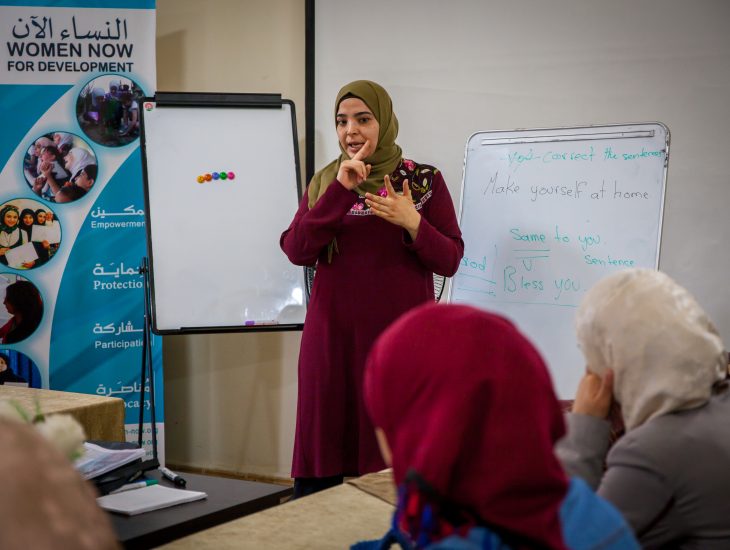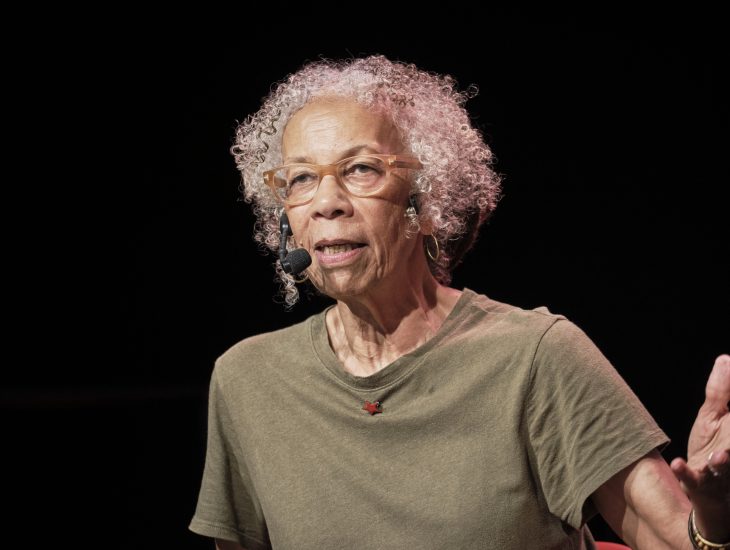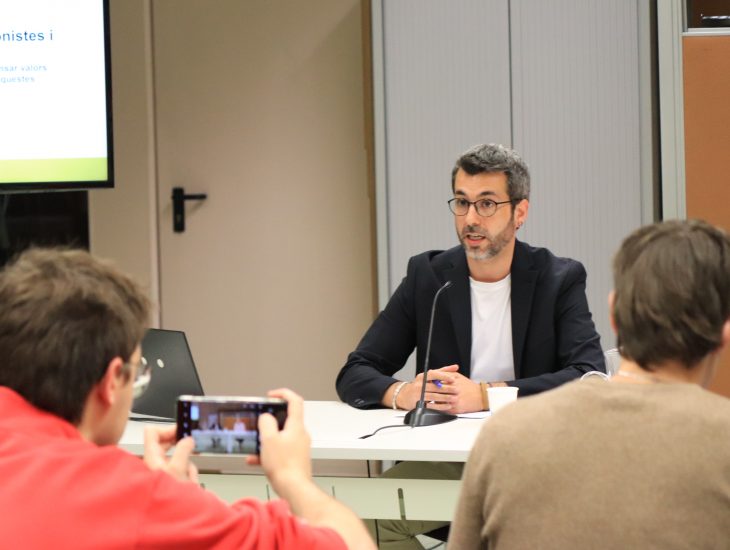On August 1st 2023, the report Wagner Group Unchained in Ukraine: Military, Political, and human rights impact of the Wagner Group since the large-scale invasion in 2022. The Novact Institute for Nonviolence has made the report in collaboration with Shock Monitor, the Observatory of Business and Human Rights in the Mediterranean, and the organization Suds. It has the financial support of ICIP thanks to one of the grants to entities and research work on the culture of peace that the institution convenes annually. The result has been presented in the framework of the United Nations Working Group on the Use of Mercenaries.
The investigation on the Wagner Group has been conducted by a research team coordinated by Felip Daza Sierra, along with Carlos Díaz Bodoque, with the assistance of Anhelina Hrytsei and Mathilde Machteld Romeo.
The report will be made public in September and analyzes the impact of the Wagner Group in Ukraine. The research includes testimonies from 40 experts, academic and human rights institutions, and Civil Society Organizations. Interviews have also been conducted with military personnel involved in the operations on the Ukrainian side.
The presence of the Wagner Group has dramatically increased the conflict severity in Ukraine, exacerbating deadliness, escalating confrontation, and causing fragmentation of non-state armed actors. Particularly noteworthy is the alleged implication of the Wagner Group in war crimes such as the killing of local authorities and the beheading of prisoners of war. Ongoing legal investigations by the Ukrainian Prosecution Office indicate the use of inmates as “forced human shields,” especially in the battles of Donbas. It is also highlighted that the Wagner Group designs combat operations and uses heavy weapons, artillery, and reconnaissance technology.
The group engages in predatory recruitment practices, such as incorporating inmates and marginalized youth from Russia and using foreign combatants from Syria, Serbia, and Afghanistan, among others.
According to the report, the Wagner Group plays an increasingly significant political role, combining social conservatism, patriotic claims, and cult criminal activity. The rise of their actions is also identified in the general apathy of the Russian population towards the war and a lack of understanding of the military goals, among other factors. In response, the Wagner Group has developed a business and media empire that sustains the group’s illicit activities and abusive hiring practices. Wagner is supported by far-right groups (RIM, TFRusich) and the new media elite composed of military bloggers and influencers.
The report also highlights how the Wagner Group provides critical political dividends for Putin, such as symbolic military victories, increased support for the invasion activities in Ukraine, and the ability to maintain military confrontation considering the general public apathy towards the war inside Russia. However, the possible disappearance of the Wagner Group will not prevent the use of other proxies in the war in Ukraine and the proliferation of the Russian Private Military Security Companies (PMSC) industry.
Therefore, the report makes a set of fundamental recommendations as a central message to the United Nations Working Group.
For International Organisms and National Governments:
- To strengthen national regulatory frameworks to control PMSCs, including robust licensing, supervision, and redress mechanisms.
- To create a comprehensive international legally binding instrument to regulate PMSC activity, with adequate standards to prevent human rights violations, protection of victims, and ensure effective remedies.
- To designate the Wagner Group as a terrorist organization and an armed group financed by the Russian Federation.
- To advance international criminal prosecution, including Universal jurisdiction principles.
For Civil Society Organizations:
- Enhance monitoring and reporting mechanisms on PMSC activity and its intersectional impact on human rights, with particular attention to violations of women’s rights.
- Raise awareness among the general public and communities affected by conflicts to distinguish private contractors from regular forces and understand the political and social impact of the privatization of war.
- Undertake advocacy actions to promote international and national regulations for controlling PMSCs.
After the presentation at the United Nations headquarters, the report is scheduled to be made public in September. In the same month, the work will be presented in Barcelona.



